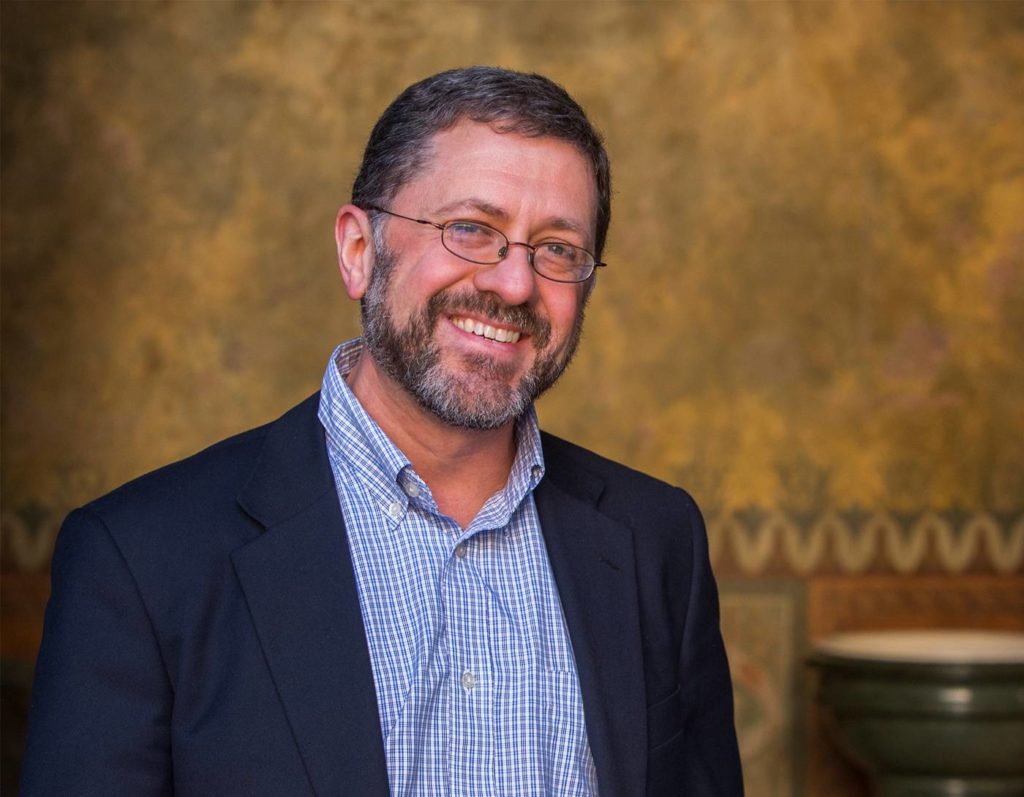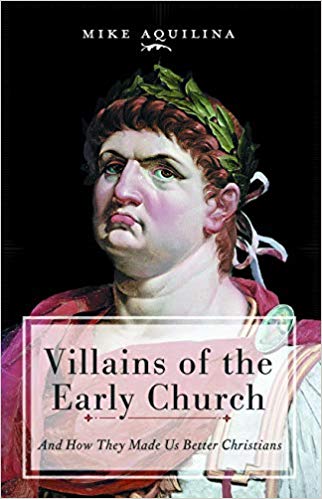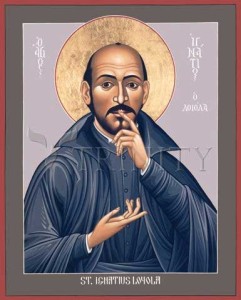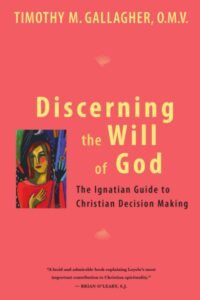Podcast: Play in new window | Download (Duration: 30:48 — 21.3MB) | Embed
Subscribe: Apple Podcasts | Spotify | Amazon Music | Android | Pandora | iHeartRadio | JioSaavn | Podchaser | Gaana | Podcast Index | Email | TuneIn | Deezer | Anghami | RSS | More

St. Ambrose of Milan, Part 2 – The Doctors of the Church with Dr. Matthew Bunson
- Born: 340 AD
- Died: January 1, 397 AD
Dr. Matthew Bunson and Kris McGregor continue their discussion on the life and profound impact of St. Ambrose of Milan, a pivotal figure in Church history and a Doctor of the Church. Dr. Bunson emphasizes how Ambrose’s unexpected rise to the episcopate during a time of crisis in the Western Roman Empire exemplified his integrity and strength of character. Chosen by opposing factions who hoped to sway him to their cause, Ambrose steadfastly upheld orthodox Christian teaching, most notably opposing the Arian heresy. His tenure as Bishop of Milan was marked by his dedication to unity, deep prayer life, and commitment to scriptural study, which not only inspired his contemporaries but also profoundly influenced St. Augustine, whom he guided gently toward conversion. Ambrose’s unique method of silent scriptural reading and contemplative prayer impressed Augustine and modeled a new depth of spiritual engagement, contributing to the theological foundation of Christian mysticism.
St. Ambrose’s fearless moral authority extended to his interactions with the Roman emperors, particularly his courageous confrontation with Emperor Theodosius after the massacre of 7,000 innocents. By demanding genuine repentance from the emperor, Ambrose demonstrated his unwavering commitment to justice and the spiritual well-being of his flock, including rulers. His legacy also includes his promotion of Marian theology, the introduction of Eastern hymns to Western liturgy, and his composition of the Te Deum, reportedly written for Augustine’s baptism. Although Ambrose died relatively young at around 60, his life exemplified total self-gift to God, leaving an enduring legacy of wisdom, courage, and pastoral care. His life and teachings continue to inspire modern bishops and faithful, calling all to live with integrity, grace, and a relentless pursuit of truth.
Discerning Hearts Reflection Questions
- Integrity in Leadership: How can I emulate St. Ambrose’s steadfastness in upholding truth and unity in my own roles of influence?
- Prayerful Scripture Engagement: In what ways can I deepen my prayer life by absorbing scripture into my heart, as St. Ambrose exemplified?
- Guiding Others Gently: How can I, like St. Ambrose with St. Augustine, accompany others on their spiritual journey with patience and wisdom?
- Moral Courage: Am I willing to stand up for truth and justice, even when it requires confronting authority or making personal sacrifices?
- Living the Faith Fully: How can I integrate my beliefs into daily actions to reflect Christ’s presence in the world?
- Witnessing through Worship: In what ways can my participation in and promotion of sacred traditions, like hymns and liturgy, enhance my community’s faith experience?
- Total Self-Gift to God: What areas of my life am I still holding back from offering completely to God’s service?
- Concern for Eternal Souls: How can I show genuine love and concern for the spiritual well-being of others, even those in positions of power or authority?
- Influence of the Blessed Mother: How does my devotion to the Blessed Virgin Mary inspire me to grow in holiness and faithfulness to Christ?
- Legacy of Faith: What steps can I take to leave a lasting impact on others by living a life of grace and virtue, as St. Ambrose did?
For more on St. Ambrose of Milan and his teachings

- Ambrose
- On the Christian Faith (De fide)
- On the Holy Spirit
- On the Mysteries
- On Repentance
- On the Duties of the Clergy
- Concerning Virgins
- Concerning Widows
- On the Death of Satyrus
- Memorial of Symmachus
- Sermon against Auxentius
- Letters
For more from Dr. Matthew Bunson, check out his Discerning Hearts page.
Dr. Matthew E. Bunson is a Register senior editor and a senior contributor to EWTN News. For the past 20 years, he has been active in the area of Catholic social communications and education, including writing, editing, and teaching on a variety of topics related to Church history, the papacy, the saints and Catholic culture. He is faculty chair at Catholic Distance University, a senior fellow of the St. Paul Center for Biblical Theology, and the author or co-author of over 50 books including The Encyclopedia of Catholic History, The Pope Encyclopedia, We Have a Pope! Benedict XVI, The Saints Encyclopedia and best-selling biographies of St. Damien of Molokai and St. Kateri Tekakwitha.

 Episode 6 – Marcion – Villains of the Early Church with Mike Aquilina
Episode 6 – Marcion – Villains of the Early Church with Mike Aquilina


 Discerning Hearts Reflection Questions:
Discerning Hearts Reflection Questions:

